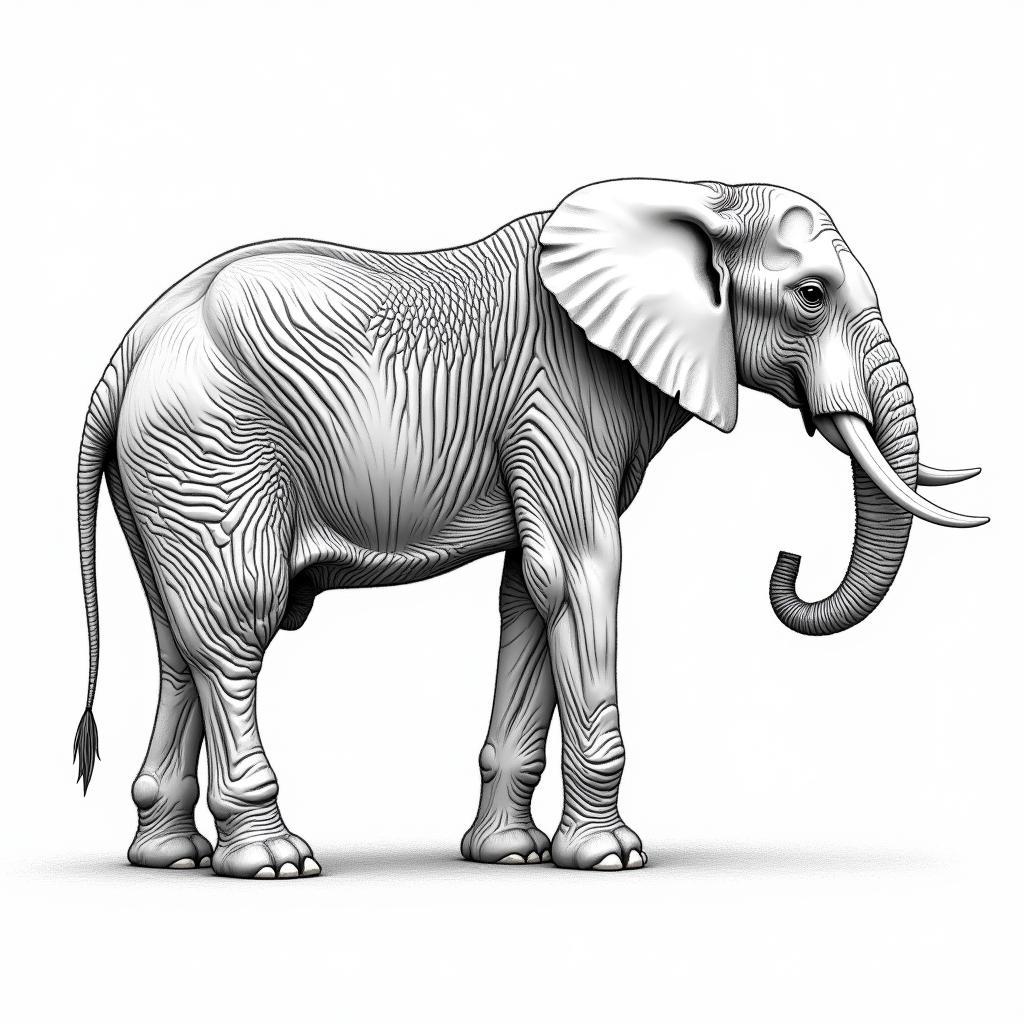Celebrating Kwanzaa: A Guide to the African American Festival
Kwanzaa, a vibrant and meaningful African American festival, celebrates heritage, community, and self-determination. From December 26th to January 1st each year, families and communities come together to honor African traditions and values through engaging activities and reflective practices. This article delves into the rich history, core principles, and celebratory customs of Kwanzaa.
The History and Meaning of Kwanzaa
Kwanzaa was created in 1966 by Maulana Karenga, an African American activist and scholar, during the aftermath of the Watts riots. Born out of a desire to unify and uplift the African American community, Kwanzaa draws inspiration from various harvest traditions across Africa. The name “Kwanzaa” comes from the Swahili phrase “matunda ya kwanza,” meaning “first fruits.” This name reflects the celebration’s focus on the fruits of the harvest, both literal and metaphorical, including the fruits of collective labor and community building. The seven principles of Kwanzaa, known as the Nguzo Saba, form the foundation of the festival and guide its celebrations. These principles, discussed in detail below, promote values such as unity, self-determination, collective responsibility, and cooperative economics.
Understanding the Nguzo Saba (Seven Principles)
The Nguzo Saba, representing the core values of Kwanzaa, are vital for personal and communal growth. They are: Umoja (Unity), Kujichagulia (Self-determination), Ujima (Collective work and responsibility), Ujamaa (Cooperative economics), Nia (Purpose), Kuumba (Creativity), and Imani (Faith). Each day of Kwanzaa is dedicated to one of these principles, allowing for focused reflection and discussion.
How is Kwanzaa Celebrated?
Kwanzaa celebrations are rich with symbolic elements and engaging activities. The Kinara, a candle holder with seven candles – three red, one black, and three green – is a central element, representing the Nguzo Saba. Each night, a candle is lit, starting with the black candle in the center, followed by alternating red and green candles. Other essential symbols include the mkeka (mat), mazao (crops), vibunu (ear of corn), kikombe cha umoja (unity cup), and zawadi (gifts). These symbols each hold special significance and contribute to the overall meaning of the celebration. Families often decorate their homes with African art and symbols, creating a festive and culturally rich atmosphere. Storytelling, drumming, music, and dance are common features of Kwanzaa celebrations, fostering a sense of connection to African heritage. African festivals in guyana often share similar themes of community and cultural pride.
Kwanzaa and its Global Impact
While Kwanzaa originated in the United States, its message of unity, cultural pride, and self-determination resonates with people of African descent worldwide. Kwanzaa has become a global celebration, observed in various countries and communities, fostering connections and promoting cultural exchange. African american christmas traditions often intersect with Kwanzaa celebrations, creating a unique blend of cultural expressions.
Conclusion
Kwanzaa offers a powerful message of unity, self-reliance, and cultural affirmation. By embracing the Nguzo Saba, individuals and communities can strive for positive growth and build a stronger future. Kwanzaa continues to inspire and uplift, reminding us of the importance of heritage, community, and the ongoing pursuit of progress and justice. African american page borders can be a fun way to incorporate the spirit of Kwanzaa into everyday activities.
FAQ
- When is Kwanzaa celebrated? Kwanzaa is celebrated annually from December 26th to January 1st.
- What is the meaning of Kwanzaa? Kwanzaa means “first fruits” in Swahili, representing the harvest and the fruits of collective labor.
- What are the Nguzo Saba? The Nguzo Saba are the seven principles of Kwanzaa, representing core values such as unity, self-determination, and collective responsibility.
- Who created Kwanzaa? Kwanzaa was created by Maulana Karenga in 1966.
- What is the Kinara? The Kinara is a candle holder with seven candles, representing the Nguzo Saba, and is a central element in Kwanzaa celebrations.
- What are some common Kwanzaa traditions? Common Kwanzaa traditions include lighting the Kinara, storytelling, drumming, music, dance, and gift-giving.
- Is Kwanzaa a religious holiday? Kwanzaa is a cultural holiday, not a religious one, and is celebrated by people of various faiths.
Kwanzaa and other cultural events
Find out more about African american holidays 2017 and learn about the vibrant African american events denver.
Contact us for support: Phone: +255768904061, Email: kaka.mag@gmail.com, Address: Mbarali DC Mawindi, Kangaga, Tanzania. We have a 24/7 customer service team.
